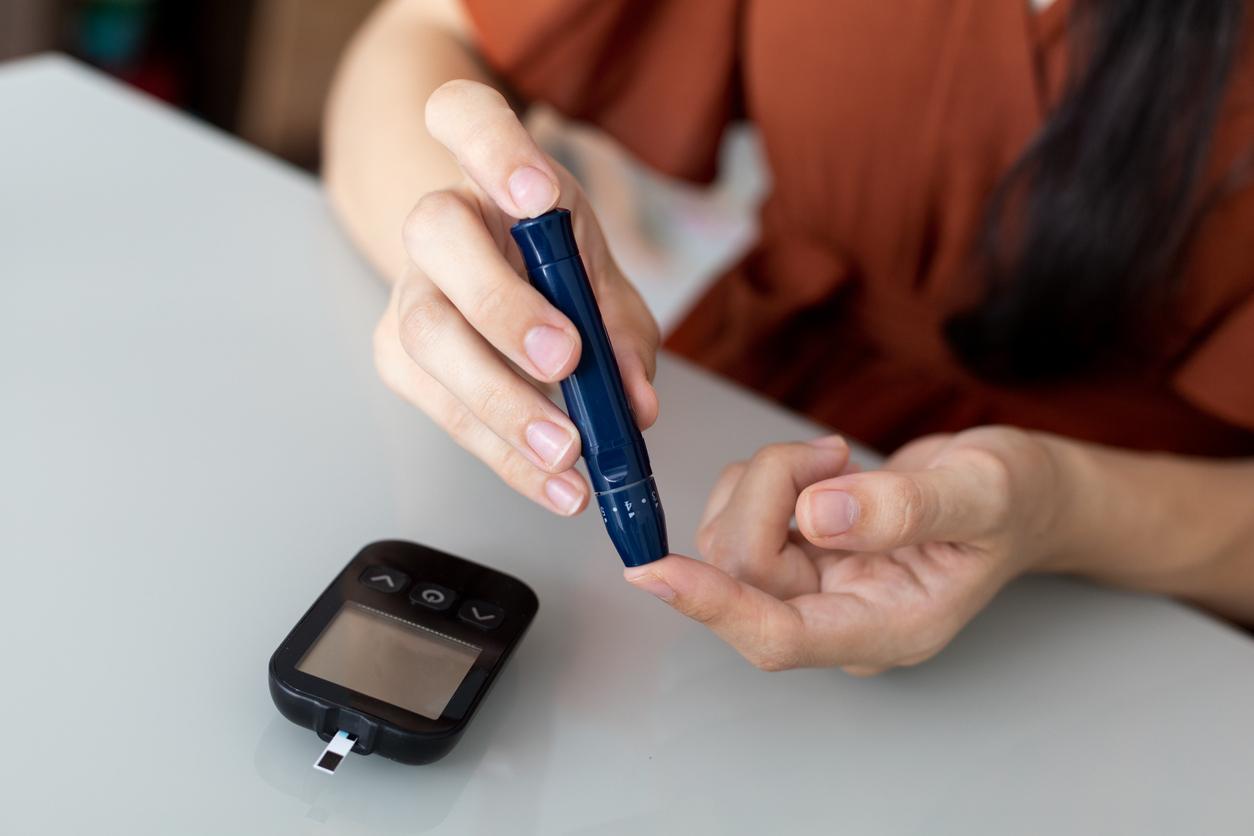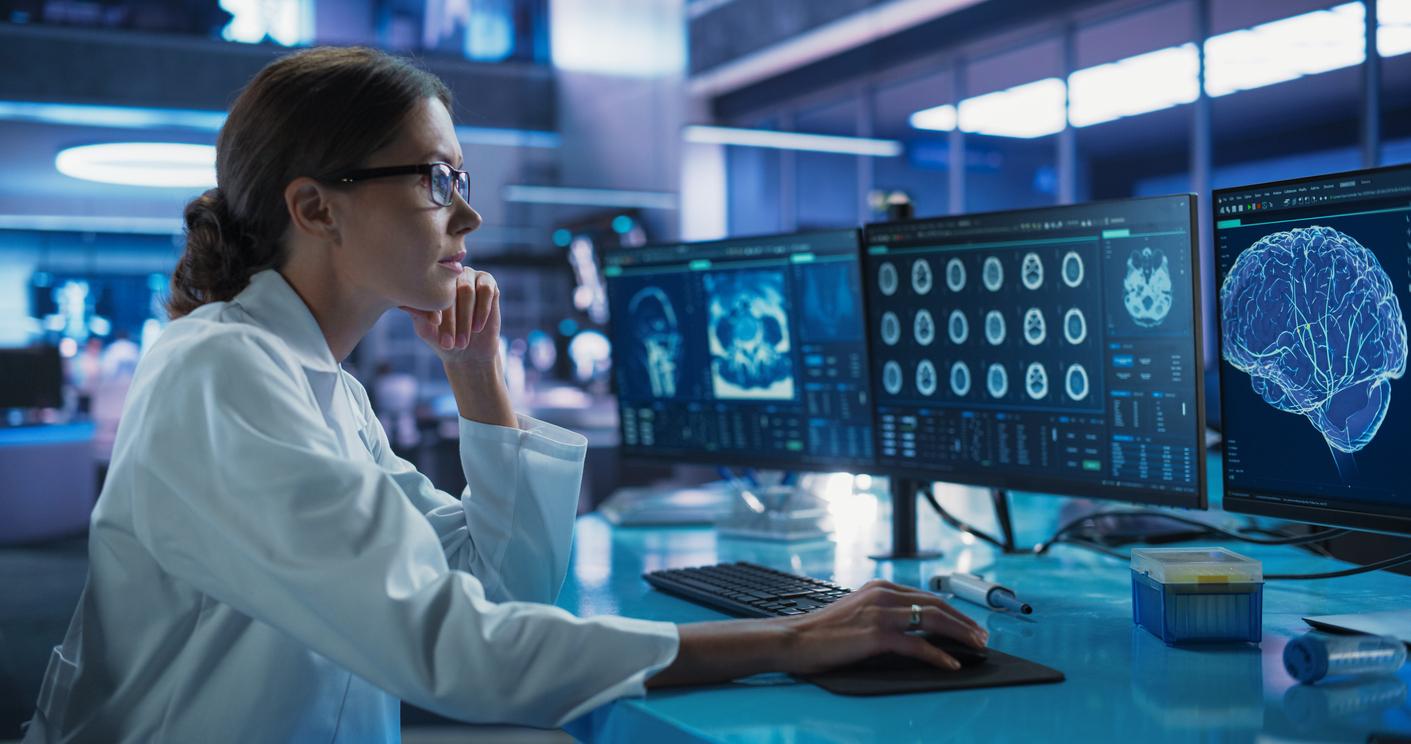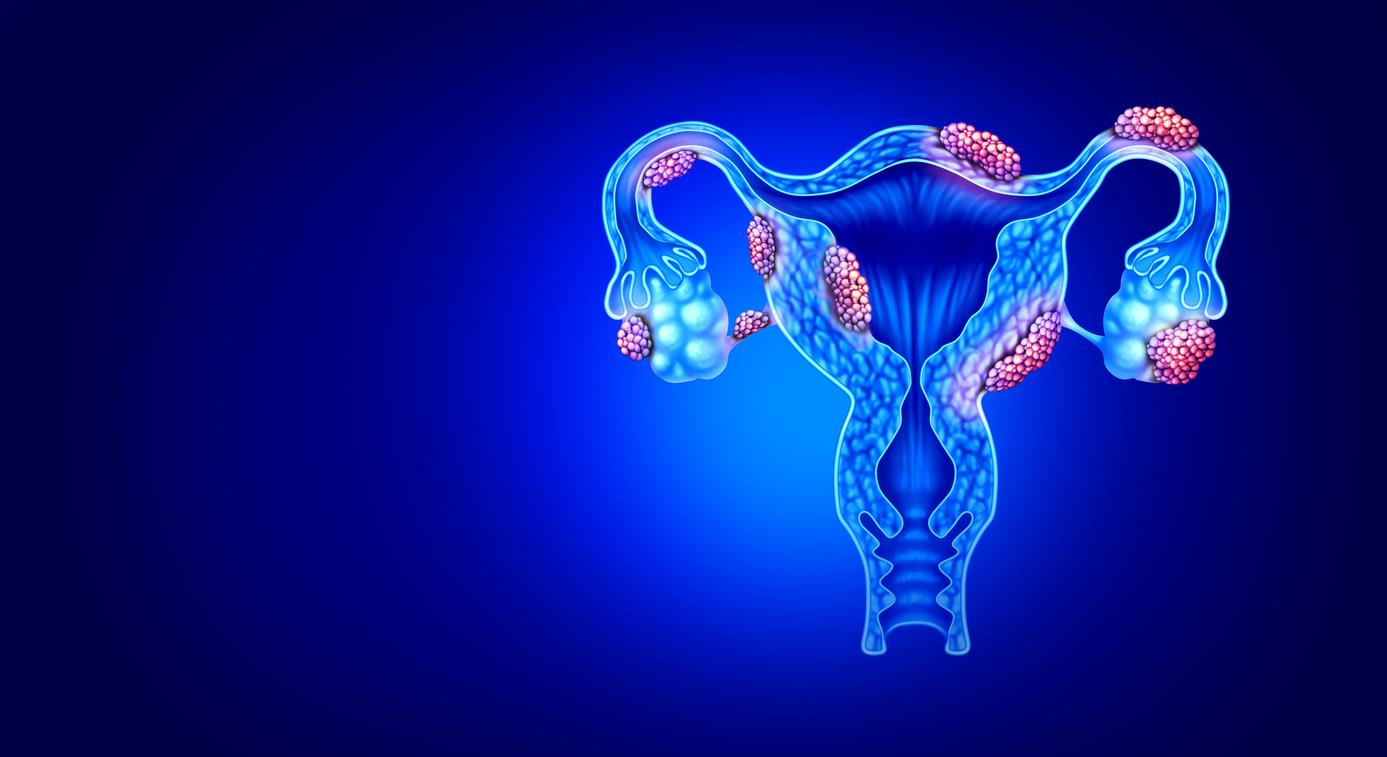
Severe headaches and other complaints
There are ‘pains’ that you can walk around with for a while before you go to the doctor or have to. You often know how to get it yourself. For example, did you lift heavy during a move? There is a good chance that you will feel that in your back the next day. It will probably go away on its own. But it is better not to ignore some complaints and ask for quick medical intervention. The following seven types of pain should definitely not be ignored.
1. Severe Headache
Do you suddenly have a huge headache that feels like the worst headache you’ve ever had and you can’t explain how you got it? Then always have it checked. During a flu or cold it can be something harmless, but it can also indicate an infection, stroke or tumor.
2. Chest Pain or Pressure
Chest pain may indicate pneumonia or a heart attack. Usually people indicate that they have no feeling of pain, but mainly an enormous pressure on the chest, as if an elephant is sitting on it. Radiating pain to the arms or to the jaw or neck, a sick feeling and nausea can also be signs of a heart attack. Cardiovascular diseases can also present themselves as problems with the stomach and intestines, such as bloating or discomfort in the abdomen. In addition, people with heart problems are often extremely tired.
3. Lower Back and Shoulder Blade Pain
In most cases it is arthritis, or joint inflammation. But it could also be an aortic dissection. This is a condition in which the inner wall of the main artery (aorta) is damaged in such a way that blood pools between the inner and outer walls. An aortic dissection causes a very severe pain behind the sternum. If not treated quickly, the aorta can rupture. Prompt treatment is therefore necessary, because people can die quickly as a result.
4. Severe abdominal pain
Do you still have your appendix? Severe abdominal pain may indicate a appendicitis, but also on gallstones or pancreatic problems. Other possible causes of abdominal pain are a stomach ulcer, a blockage of the bowel and is also common in irritable bowel syndrome, Crohn’s disease or ulcerative colitis.
5. Calf Pain
This may indicate a deep vein thrombosis (DVT). A thrombosis leg can arise because someone has not been mobile for a long time. For example, in the event of illness, after an operation, during long plane and bus journeys or during childbirth. Some people are more prone to clots than others. With a DVT there is an increased risk of a pulmonary embolismblood clots that break loose and end up in the lungs.
6. Burning Feet or Legs
Many people have diabetes without their own knowledge. One of the first symptoms of diabetes is a burning sensation in the feet and/or legs. This is because the peripheral nervous system is affected.
7. Vague Medically Unexplained Pains
Poor sleep, pain in the limbs, being tired and listless. These are all symptoms of depression. Many people wait too long to seek medical help because they think their symptoms are not serious enough. Depression can have various mental and physical causes. There is often something that can be done with help.
|
€19.95 |
Sources):


















